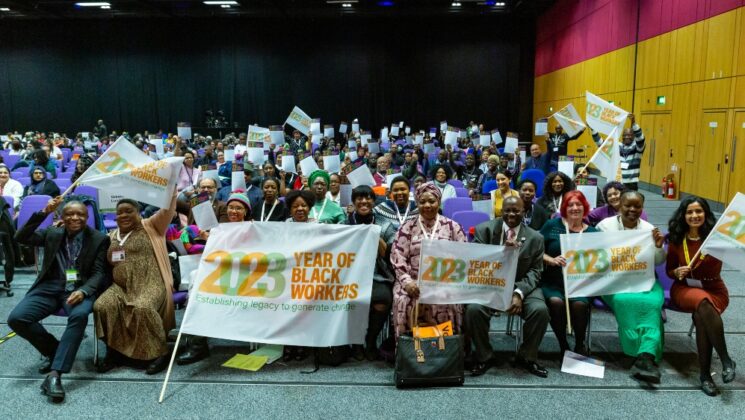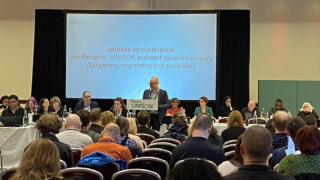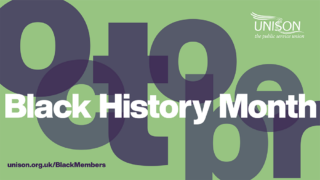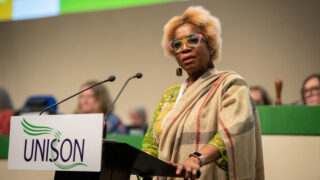This is UNISON’s Year of Black Workers.
UNISON has 185,000 Black members, most of whom work in health and local government services, with significant numbers working in social care and schools. Many deliver frontline services, and many are low paid.
UNISON national officer for race equality Margaret Greer said: “The Year of Black Workers will focus UNISON on the important issues that affect Black members and their everyday lives, with their lived experiences being central to our challenging racism in the workplace toolkit. This focus is vital in these testing times for race relations in the UK today.”
UNISON’s Year of Black Workers is underpinned by the desire of ‘establishing legacy to generate change’, and the national Black members committee hope to develop legacy campaigning work across several areas, including:
- The ethnicity pay gap, which shows the difference in the average pay between staff from ethnic minority backgrounds in a workforce, compared to ‘white’ staff;
- The TUC anti-racist manifesto;
- Implementing the NHS and social care workplace race equality standards;
- Ending the hostile environment for migrants, including removing the international health surcharge;
- Implementing UNISON’s race discrimination protocol.
Ms Greer added: “My hope for this year is that UNISON can help increase the participation of Black members and activists and see tangible success, both in terms of UNISON structures and maximising the union’s capacity in the workplace and broader Black communities.”
In UNISON, ‘Black’ – with a capital B – is used to indicate people with a shared history. ‘Black’ is used in a broad political sense to describe people in the UK who have suffered from colonialism and enslavement in the past and continue to experience racism and diminished opportunities today.






